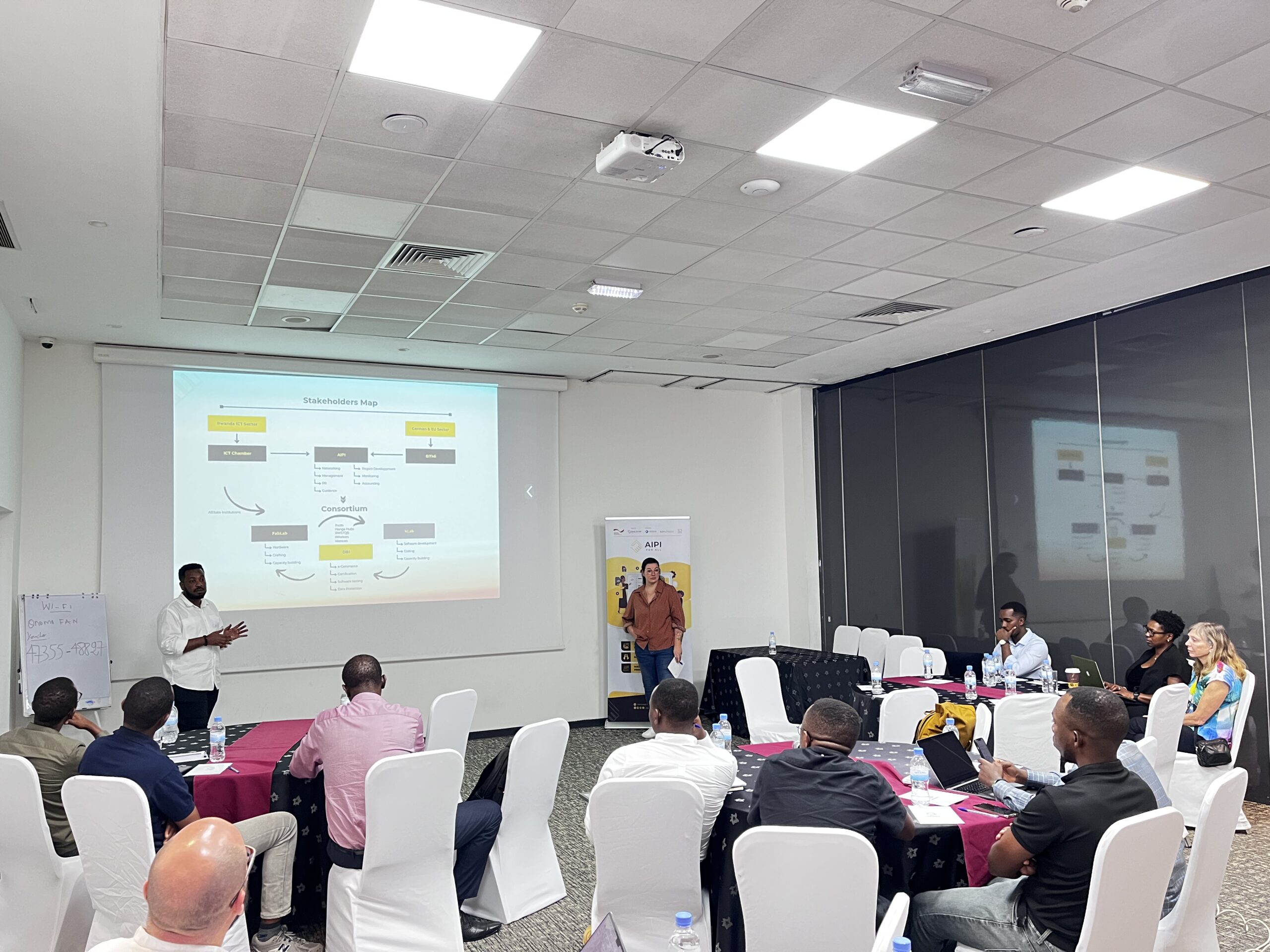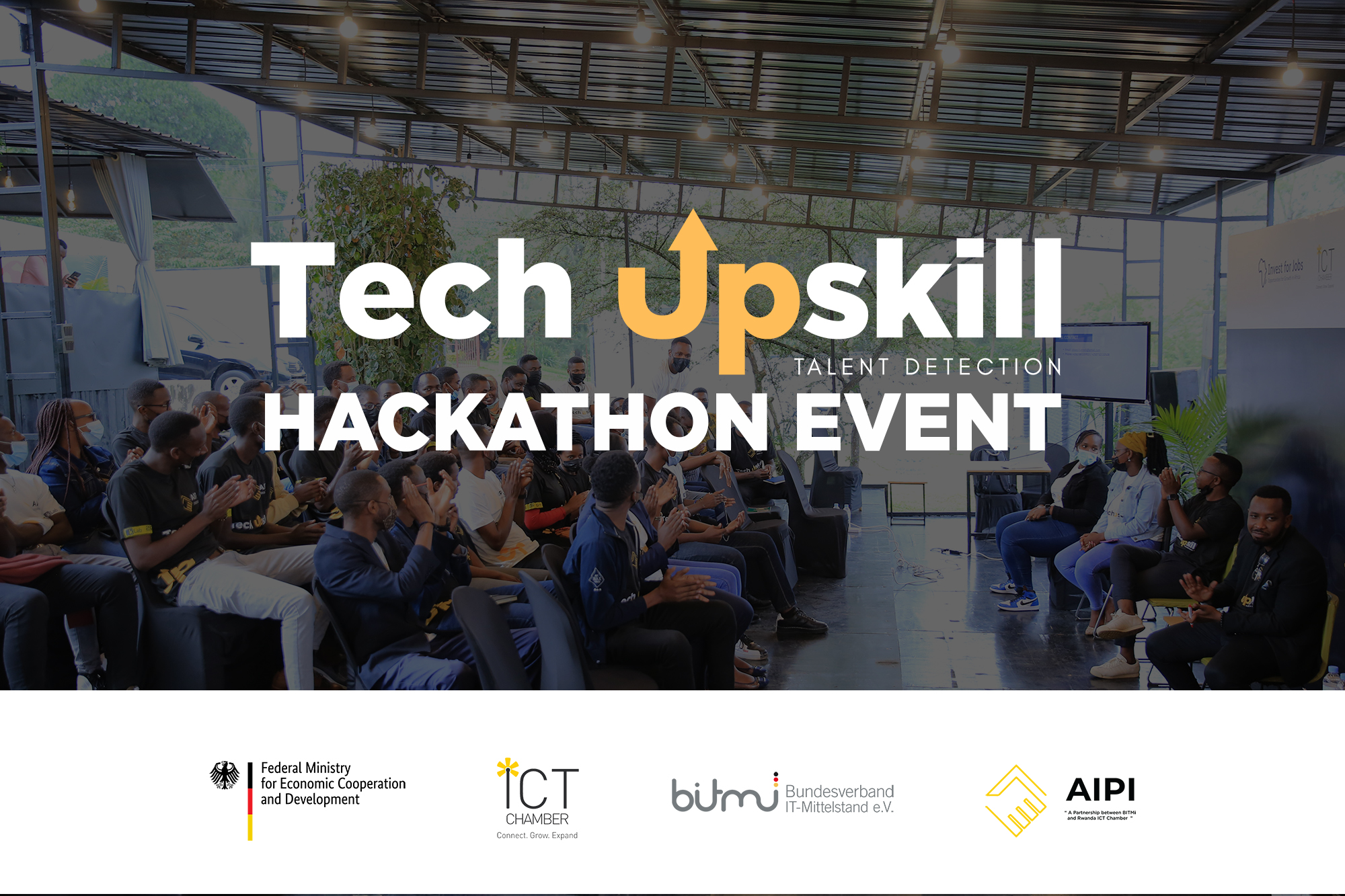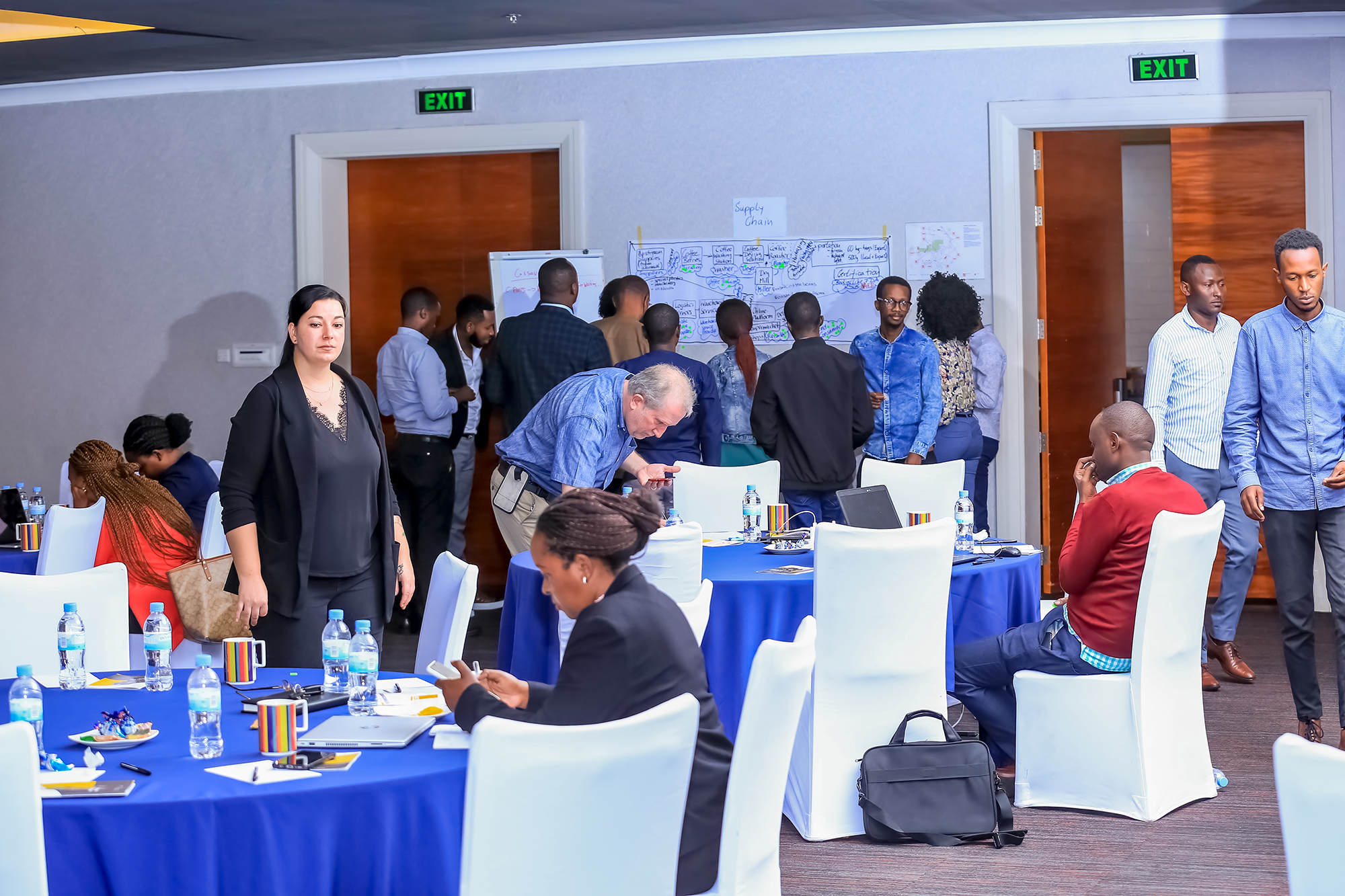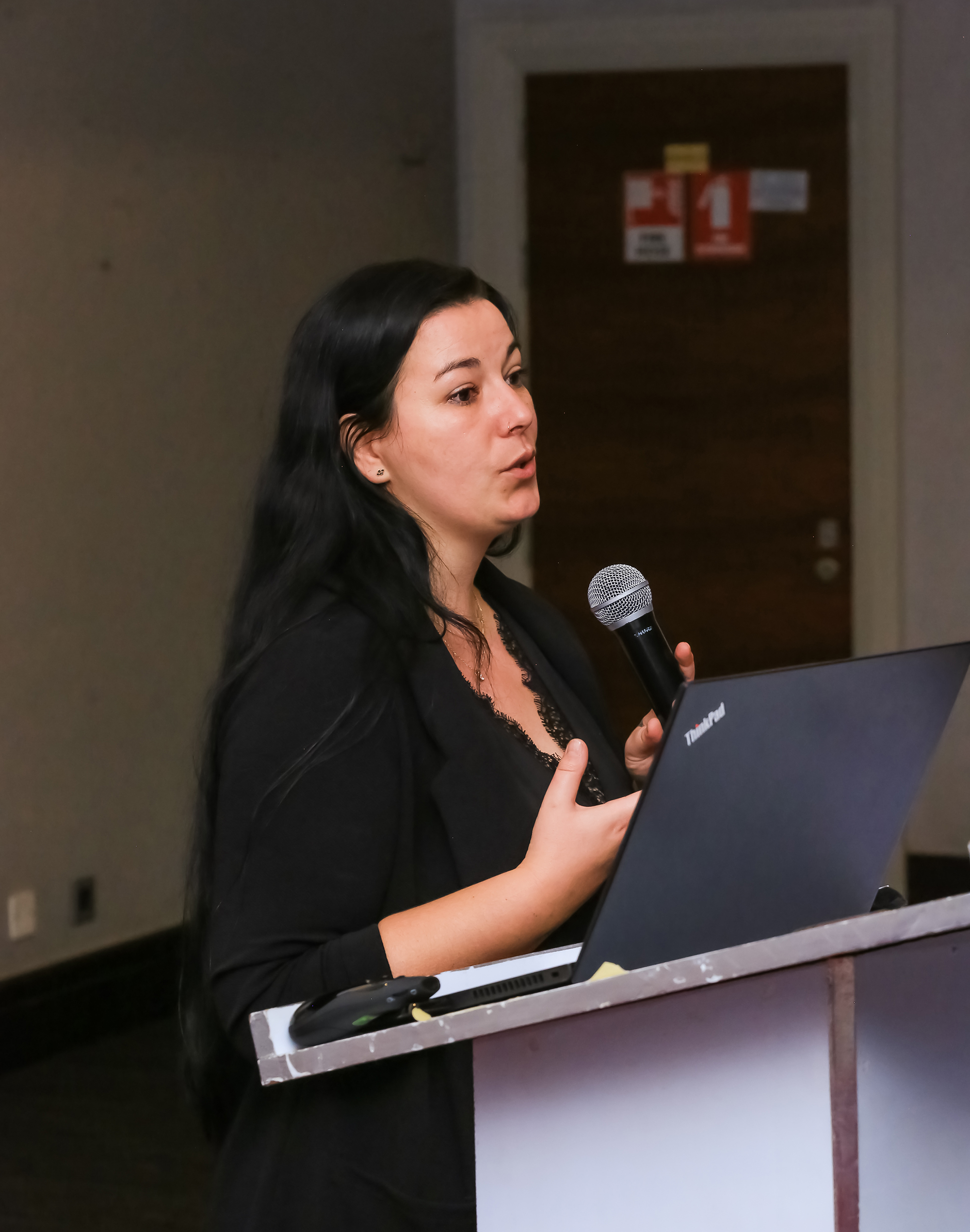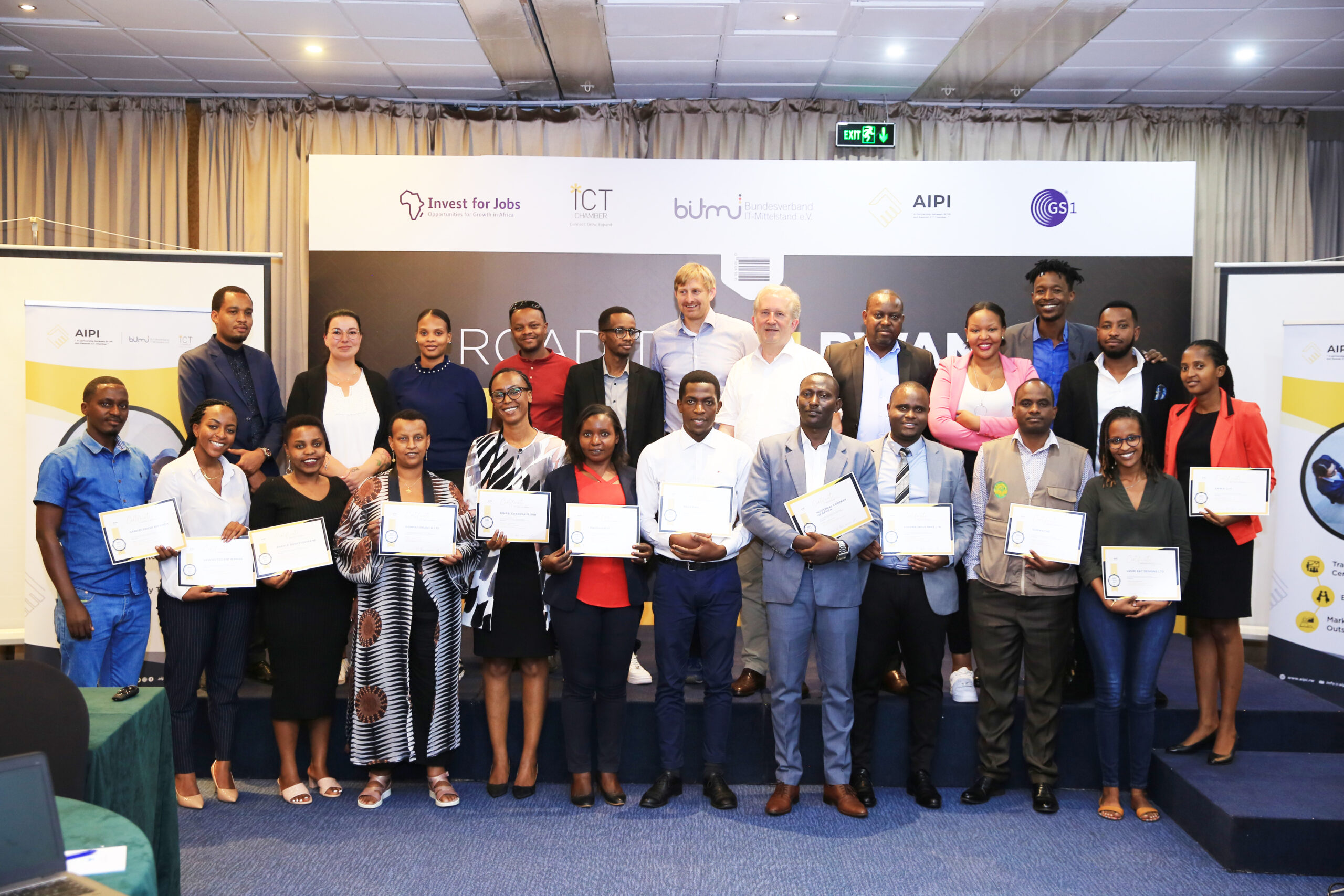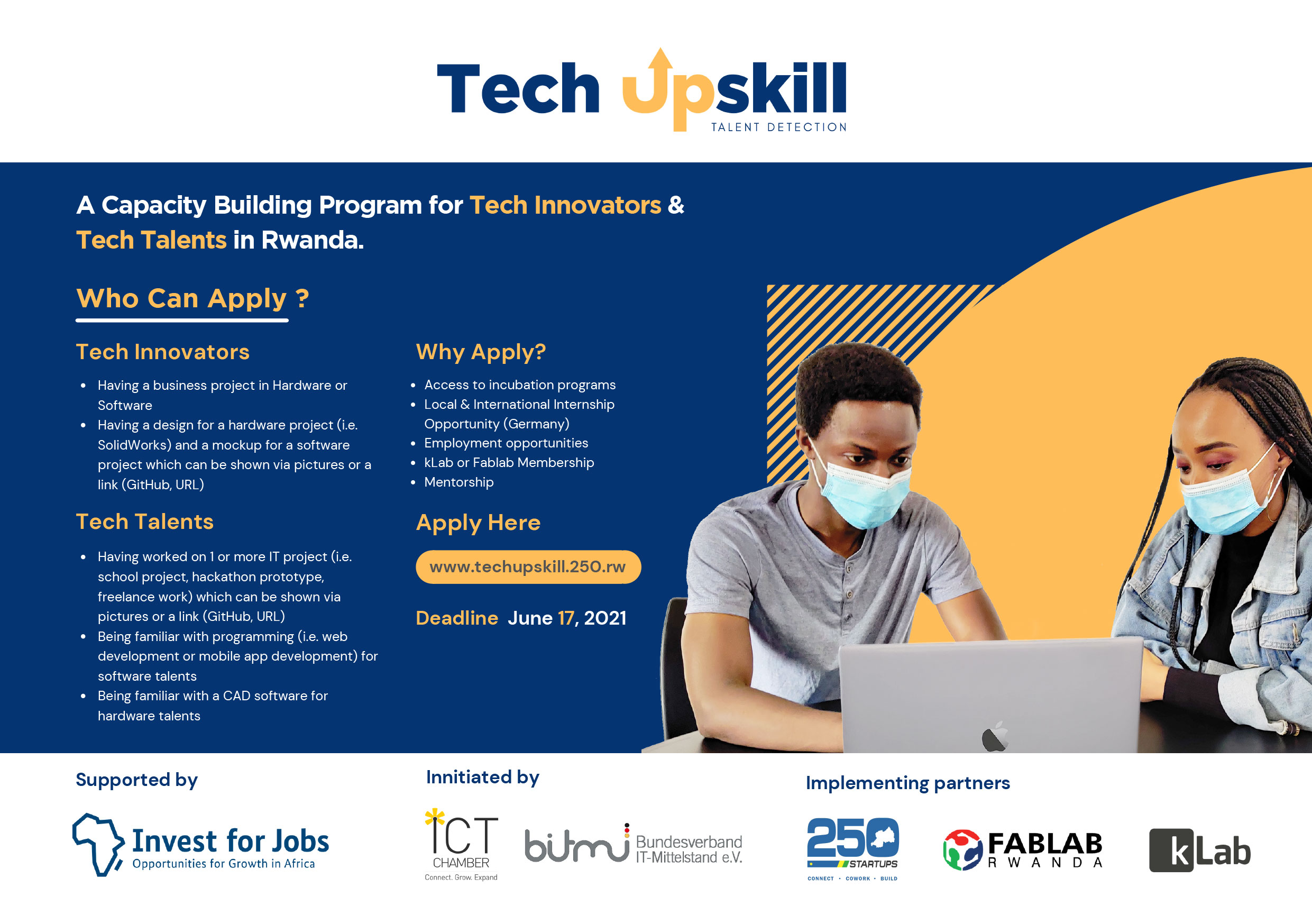
OPEN TALENT PLATFORMS (GIG ECONOMY) IN RWANDA
INTRODUCTION
The open talent economy is a game-changing platform, enabling employees to take ownership of their career life cycle and people to switch roles freely across geographical boundaries. It is the arrangement that has brought employers and employees on an equal platform, ensuring equal rights and opportunities like never before.
This as well supports the leaders to find diverse talents faster and build the best teams by creating communities of internal expertise and enabling greater diversity, it helps to build a sustainable talent-led organization. These platforms are also known as the Gig economy or human cloud.
As Rwanda strives to become a knowledge-based economy country, this should be a call-and-response between the government and the society at large. Generally, most people dream of building their career through job seeking; however, their expectations and pressure lead them to a one-way belief “Job seeking is the only option for life.” Hence, they keep lagging behind in seeking jobs and miss out on job creation opportunities. But guess what! The sky is no longer the limit as you can be an international game changer in this new digital world. Seeking jobs and miss out on job creation opportunities. But guess what! The sky is no longer the limit as you can be an international game changer in this new digital world.
GIG ECONOMY DURING COVID-19
According to the Labor Force Survey conducted by the National Institute of Statistics of Rwanda (NISR) in 2020, as a result of the COVID-19 pandemic, almost all economic activities had to be put on hold in Rwanda; this in turn led to an increase in unemployment rate from 16.0 percent to 20.3 percent. Apart from that, the closing of economic activities also affected businesses that relied on being open in order to be able to obtain funding for crucial business operations.
We have all heard the phrase that “There is opportunity in crises.” Though COVID-19 bowled us over and hit us hard with people losing lives and livelihoods, this has been true for opportunity in the Information and Communication Technology (ICT) space from different services. After pandemic IT professionals have been in high demand worldwide with most companies and many online platforms, this made people, companies and businesses notice / realize how important the Gig economy is in this new digital world.
There are more online freelancer platforms that have more opportunities for youths and everyone who is ready to work or hire remotely including business and companies, locally and worldwide. With the survey released by ILO (International Labor Organization) about Microworkers freelancer platform in 2017, the statistic shows that Microworkers (an international online platform) has different levels of microworkers: the well-educated or less. This is a good opportunity for youths and entrepreneurs to make your dreams come true by using freelancer online platforms in any service regardless of the level of education.
The graph below demonstrates well the image of Microwokers platform

THE EXISTING OPEN TALENT PLATFORMS WE HAVE IN RWANDA
ICT Chamber through kLab hub have set up a kLab Freelancer Program that aims to support professional tenants to get freelancing jobs, work experience which is paid for and financial sustainability as well as sharpening their professional skills. Some of the wide variety skills Klab provide: Web Development, Mobile App Development, Digital Marketing and Graphic design.
Akazi is a freelancing platform for people in Kigali where enterprises and individuals connect in order to conduct business. Akazi allows clients to interview, hire and work with freelancers and freelance agencies through the company’s platform. The client “interviews” likely freelancers by reviewing their profiles and rankings, or even reaching out via chat to ask questions. Once the client has chosen who they want to complete the job, they hire that freelancer by sending a contract with set hours, pay rate, and a deadline for the work to be completed.
Other platforms:
Usually most open talent platforms are for freelancers although it is possible as well to register SMEs as a company. In this case, buyers who are looking for specific skills may find individuals more easily than companies and get contracted in multiple companies.
Some of Freelancer and SMEs platforms:
PLATFORMS AND SPECIALIZATIONS
SMEs
Both SMEs and Freelancers
https://www.appfutura.com/ (Appfutura)
https://www.upwork.com/ (Upwork)
http://www.talentalpha.com/ (Talent Alpha)
http://www.freelancer.com/ (Freelancer)
https://www.fiverr.com/ ( Fiverr)
https://www.itexchangeweb.com/ (ITeXchange)
https://clutch.co/ (Clutch)
https://www.plixos.com/marketplace/ (plixos)
FRESH GRADUATES VIS-A-VIS JOB CREATION IN RWANDA
Unemployment is rated at two percent in Rwanda being 3.4% in urban places while graduates from universities and other higher education institutions are the most people with no jobs being 13 percent”, said Communications and Public Relations Officer at the Ministry of Public Service and Labor. Meanwhile in 2014, a survey conducted by the Inter-University Council for East Africa (IUCEA) Rwanda came out that 52% of graduates are unemployable.
Youths and too many students leave school with a transcript instead of a portfolio, but they need to be aware that a school diploma and/or university degree is not the only path to professional success, especially when “entry-level” jobs these days demand at least three years of experience. As a student you should create a way to experiment with a variety of work and acquire concrete skills and work experience, even small side gigs during the academic year. These short-term gigs can help young individuals build a scope of 21st-century skills that are transferable across various jobs and are progressively sought out by employers.
HOW TO ESTABLISH THE GIG ECONOMY IN RWANDA
The growth of digital platforms in Rwanda could offer new opportunities to bridge the current gap between often-insecure informal work and formal employment. Portable benefits, which move with a freelance worker from gig to gig, could drive this transition.
Digitization could enable the formal sector to offer a spectrum of benefits for workers and responsibilities for employers. Rwandan labor-market regulators and tax authorities can play a significant role in recognizing and incentivizing progress along this spectrum. This means taking stock of which benefits workers value most, and then designing effective policies that encourage digital platforms to offer them. Moreover, such policies should ensure that benefits are portable and tied to the worker rather than the platform, so that people can choose the ones that suit them.
By introducing portable benefits for gig workers, Rwandan government and digital platforms can help to power the country’s future growth. Otherwise, these platforms will lose top talent, the government will miss out on potential tax revenue, and will also fail to reap the full benefits of the digital revolution.
Education system in Rwanda should focus on preparing students on methodologies and approaches that will help graduates to create jobs and explore opportunities worldwide instead of relying on traditional full-time jobs and start to turn the mirror on themselves to see the work world their students must be ready to enter. The nature of the gig economy allows for endless opportunities to market your talents and find meaningful employment. The youth now have the power to shape their own career paths, rather than rely on conventional streams.
ADVANTAGES OF FREELANCE PLATFORMS
Open talent platforms offer varieties of threats and opportunities for business, companies and society in terms of finding global workers, delivering services & products and business outsourcing. There is a huge positive change shown in skills, speed and scalability on these platforms from different services especially in IT (Information Technology) and BPO (Business Process Outsourcing) sectors.
Benefits of the gig (pen talent platforms) economy for workers:
– Working on projects for multiple companies simultaneously can help to grow skill sets and expose workers to more opportunities.
– More independence and freedom to choose when and where to work.
– Less risk of job and income loss with multiple employers.
– In some fields, gig workers can earn more while working less than FTE counterparts
Benefits of the gig (open talent platforms) economy for corporations:
– Ability to hire experts for services not needed on a regular basis
– Agility in scaling their workforce up and down quickly to meet business demand
– Reduced cost of providing healthcare and other benefits
– Lower space costs
– Aside from keeping the costs down, the gig economy gives you the freedom to hire the right person for the job.
CONCLUSION:
Gig economy plays a crucial role in people’s entry into the labor market and provides a kind of testing ground which helps young people try out different roles, compare work ethics across sectors, develop other skills, as well as build a network of professionals, whether you are freelance writer remotely running a publication for any company from a certain country, a driver, a software engineer, or a web designer building a website for a corporate agency, you can be a part of the gig economy.
Research by Global consulting firm Gartner predicts that by 2025 35-30% of the workforce will consist of open talent workers. Perhaps, it will also serve as a panacea to the unemployment challenges faced in Rwanda. Government should focus on youth by introducing / showing them the benefits of open talent platforms (freelancer platforms /gig economy) through creating awareness of existing platforms, starting with the local ones. The gig economy is ever-growing, and if you feel your life needs to change, may be this is the calling you’ve been waiting for!
